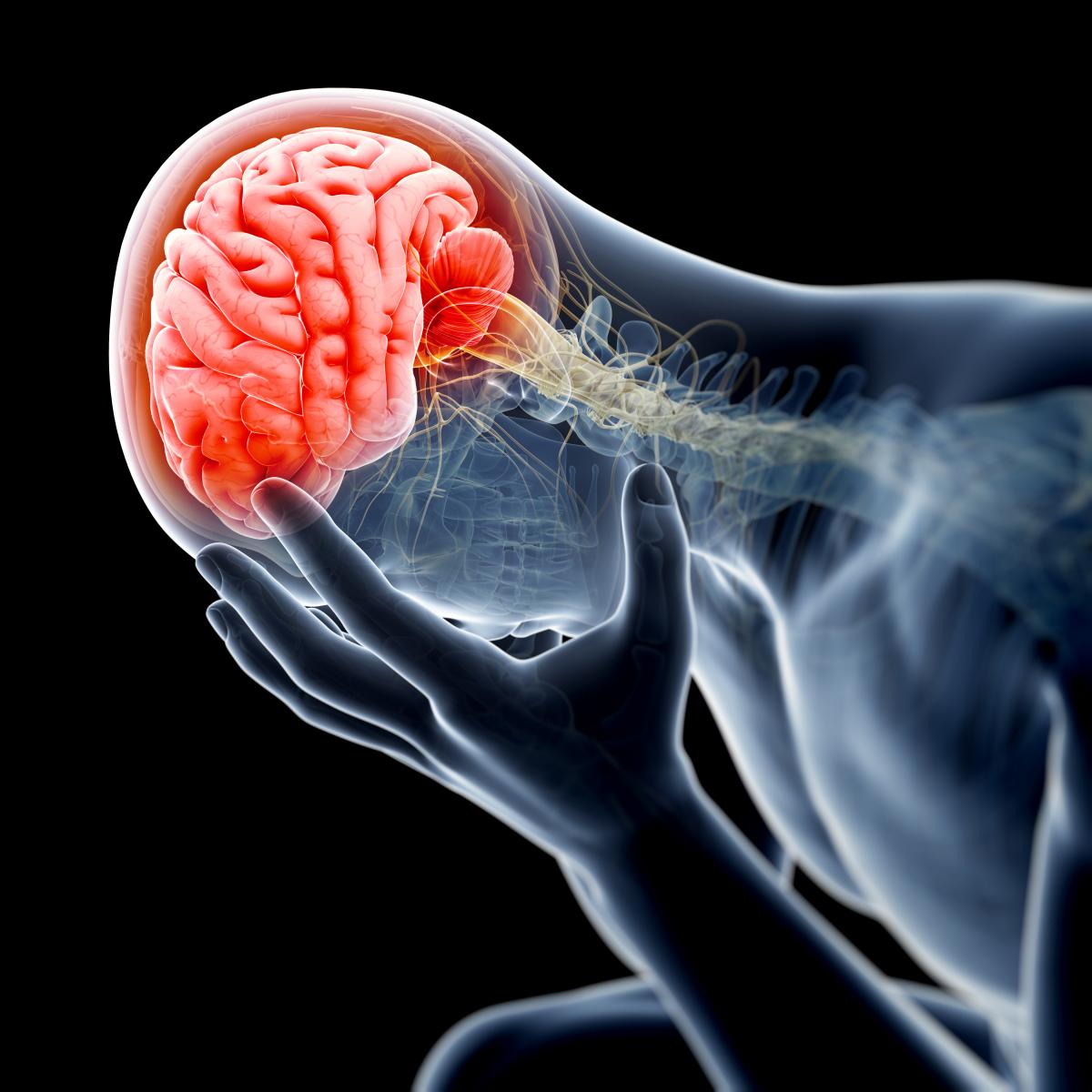Advancements in Detecting Mild Traumatic Brain Injury
On an increasing basis, clinicians have embraced the use of neuroimaging techniques to detect traumatic brain injury (TBI) and mild traumatic brain injury (MTBI), and as the detection methods improve for MTBI, personal injury attorneys may find a wealth of data with which to help their clients in seeking restitution for injuries related to negligence.
MTBI, sometimes referred to as concussion, results from external impact or other forces that involve the head. Other causes can include shock waves from large explosions, as encountered in the military, yet the most common origins of MTBI stem from motor vehicle accidents, head injuries during falls, sports-related injuries and physical violence. Physically, the accident jolts the head forwards and backwards or side-to-side, and the acceleration and deceleration resulting from the impact causes the brain to hit against the skull.
Over 1.7 million people in the United States suffer from TBI annually. However, the cases of MBTI may go underreported because victims with mild cases frequently seek out their private physician rather than seek treatment in a hospital emergency room, which may be more inclined to order neuroimaging tests to determine the extent of the injuries. Fortunately, approximately 80 percent of TBI cases are mild with recovery periods within days to weeks.
However, a significant minority will develop post-concussive symptoms that can continue for months and years. In some cases, MBTI may lead to more extensive disability thus disrupting a victim’s ability to work.
Neuroimaging in Detecting MBTI
As recognition of MBTI has increased, the diagnostic frameworks have improved. Generally, 80 to 90 percent of MBTI patients have positive prognoses, yet that means approximately 10 to 20 percent continue to suffer with a range of persistent cognitive, physical and emotional symptoms. For MBTI, detecting brain alterations is more difficult than moderate to severe TBI, and clinicians have increasingly relied upon diffusion imaging to discern diffuse axonal damage. The literature discussing investigations into this phenomenon present two hypotheses regarding the causative factors: neurogenic or psychogenic. As neuroimaging has made inroads into the diagnosis, the neurogenic causative factors have gained a hold.
Thus, obtaining a conclusive diagnosis or more accurate data regarding MBTI in a victim represents a critical element of a personal injury legal action. Generally, conventional testing using computed axial tomography scans (CT) or magnetic resonance imaging (MRI) has not resulting in differentiating diagnoses from post-traumatic stress disorder or depression. Therefore, the current objective is to diagnose MBTI through the utilization of more sophisticated tools, such as diffusion tensor imaging, which can detect damage to brain’s white matter, which functions as the pathways that connect neurons. Diffuse axonal injury is the most common injury in MBTI, and these innovative techniques are gaining importance in evaluating subtle changes to the brain that traditional methods miss.
Symptoms
Victims suffering from MBTI experience a range of symptoms that may be different for each individual. These fall into categories including cognitive, physical, behavioral and emotional symptoms. Cognitive symptoms may include lack of concentration, inattention, an inability to focus and difficulties making decisions. Physical symptoms can include headaches, hearing problems, blurred vision, changes in smell or taste, sensitivity to light, a persistent feeling of lethargy, sleep disturbances, dizziness or vertigo. In addition, emotional symptoms can result in irritability, anger, sadness, anxiety, depression and getting easily frustrated by small matters.
Most symptoms will resolve within three months; however, for the significant minority of victims in which the symptoms continue unabated, having the neuroimaging data from sophisticated testing not only lends credence to the reality of the pain, but also evidence of real trauma that directly changes their lives. Moreover, Oregon personal injury attorneys may have clients describing feelings of being in a fog, an inability to think on one’s feet or difficulties in concentrating. These attorneys may well serve their clients well by suggesting investigational neuroimaging when MBTI is indicated.

